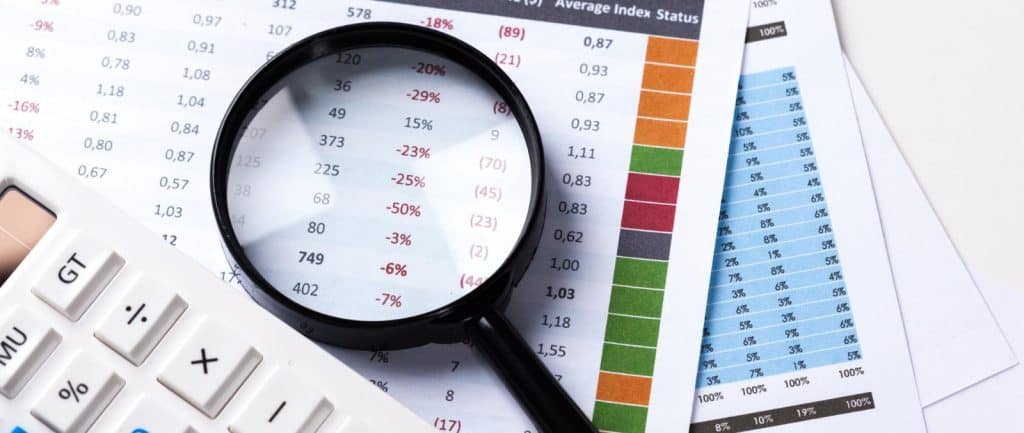Will Nigeria’s Proposed Budget for 2025 Address the Economic Hardship?
Nigeria’s proposed 2025 budget has seen a significant increase of 74.18%, reaching N47.9 trillion in nominal terms, signaling a bold fiscal strategy aimed at addressing persistent infrastructure gaps and development challenges. However, in dollar terms, the budget contracted by 23.22%, dropping from $36.7 billion in 2024 to $28.18 billion in 2025. This reduction in real value limits the potential impact of the budget on economic growth and the well-being of the population.

Beyond the decline in the real value of the budget, several key factors will influence whether it can truly unlock Nigeria’s growth potential. These factors are:
- Revenue Generation: The Nigerian federal government aims to generate over N30 trillion in revenue, underpinned by an oil price target of $75 per barrel and a production target of 2.06 million barrels per day (mbpd). While the oil price target is reasonable, the production target of 2.06mbpd appears overly optimistic. OPEC reported Nigeria’s oil production reached just 1.4mbpd in October, well below the target. Although production is expected to rise due to efforts to combat theft and pipeline vandalism, achieving the 2mbpd target in the short term seems unlikely.
- Debt Management: The government’s ability to manage its debt will be crucial in determining the space available for growth-enhancing spending. Excessive borrowing without a clear repayment plan could further exacerbate the nation’s debt burden.
- Effective Execution: The successful implementation of the budget hinges on the government’s ability to carry out the proposed projects efficiently, ensuring proper oversight, monitoring, and institutional reforms to minimize corruption and waste.
- Inflation and Exchange Rates: Rising inflation and currency depreciation could erode the purchasing power of the budget, undermining its effectiveness, particularly for essential imports and capital expenditure.
- Inclusive Growth: Ensuring that the budget prioritizes job creation, poverty reduction, and social welfare programs will be key to making growth sustainable and inclusive, benefiting a wider portion of the population.
In summary, while the nominal increase in the 2025 budget reflects an ambitious policy shift, its success will depend on effective revenue generation, debt management, project execution, and addressing inflation and exchange rate volatility. Without tackling these challenges, the budget’s ability to deliver meaningful growth could be limited.